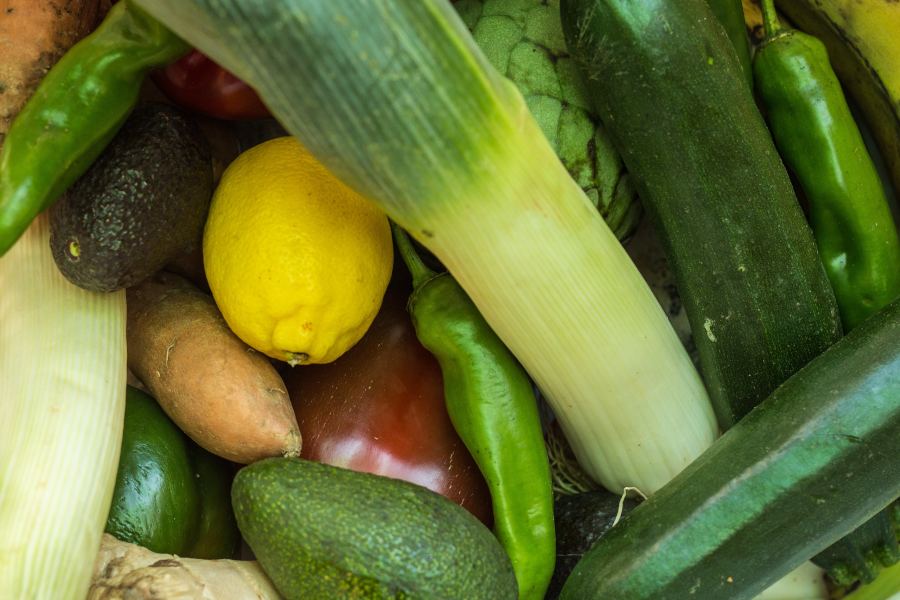Absolute Poverty a Reality For Almost a Quarter of NI Children
A rights-based approach would help us move towards a more equitable society, where people have access to affordable, nutritional food.
Hunger, starvation and nutritional deficiencies are now part of normal life for thousands of people in Northern Ireland. Food insecurity has exploded during the pandemic, thousands of people are desperately seeking food aid across the province, and hundreds of community organisations have joined our front line food banks in providing emergency food.
We’ve already fallen over a cliff edge. In the past week alone the Belfast Telegraph, Irish News, Mirror and Belfast Live reported the harrowing experiences of paediatrician Dr Julie-Ann Maney who has seen children going so hungry that some are resorting to stuffing toast into their nappies, she warned of the “insidious” effects of child poverty in Northern Ireland and said a government strategy must not be delayed.
Between April and September 2020 the 22 food banks in the Trussell Trust’s network in Northern Ireland provided more than 32,000 emergency food parcels to people struggling to afford essentials. More than 11,000 of these parcels went to children and these figures mark an 80% increase on the same period last year. These figures do not include the number of people helped by the new community organisations and independent food banks, which have stepped up during the pandemic to support their communities. The BBC has further highlighted the shocking rise in food bank usage during the pandemic, with “demand at one food bank in Magherafelt more than quadrupling since this time last year. In south Belfast, a food bank experienced its busiest ever week last week in the six years it has been open”.
The Larder foodbank in East Belfast stated “Universal Credit has never been fit for purpose, this has only become more obvious as the furlough scheme comes to an end and redundancies rise. People are going without essentials and we believe hunger is 𝗻𝗼𝘁 an incentive for improvement but an obstacle to it."
There is no relationship between surplus food and food poverty. This method of support highlights real problems in the wider food system, and it’s entrenching an American model of using surplus food from a broken system to feed people affected by food insecurity, entrenching inequality whilst masking the inefficiencies of our food and welfare systems.
The refusal to address poverty as a single issue by governmental departments has led to splintered responses across child poverty, fuel poverty, food poverty, transport poverty and period poverty to name a few. This approach isn’t working. Absolute poverty is a reality for almost a quarter of Northern Ireland children, with 16% of the populace living in absolute poverty. We must find a way of addressing poverty and food insecurity as key indicators of a healthy society, using a rights-based framework.
Belfast Food Network strongly believes that political engagement is a two-way process. Decisions cannot be made in abstract settings away from the communities and people they affect. Good decision-making recognises the cross-sectorial nature of issues, and could be strengthened by using a rights-based participative model that allows for meaningful engagement with communities.
Joint advocacy around demand for a strong and inclusive Bill of Rights for Northern Ireland that includes the right to food is badly needed. This can be achieved through improved civic engagement and by demanding rights-based policies. This should be built in to all levels of our political structures and should have a particular focus on tackling structural inequality, well beyond the welfare system.
It is also important to have a re-energised campaign for a Bill of Rights for Northern Ireland that includes the right to food. This campaign for a local Bill of Rights pre-dates Brexit, but it’s required now more than ever. In 2020 a Bill of Rights for Northern Ireland remains part of the unfinished work of the Belfast Agreement/Good Friday Agreement. Without it, advocating for change is an uphill battle.
A rights based approach would help us move towards a more equitable society, where people have access to affordable, nutritional food, it is the strongest option we have for finding long-term solutions to food insecurity in Northern Ireland.
If you are in financial crisis and need emergency food, please call 0800 915 4604 (Monday to Friday, 9am-5pm) to talk confidentially with a trained Advice NI adviser. They can help address your crises and provide support to maximise your income, help you navigate the benefits system, and identify any additional grants you could be entitled to. The advisers can also provide specialist debt and budgeting advice to people calling the line. If needed, they’ll issue you with a voucher so you can get an emergency food parcel from your local food bank. If you would like to get involved in our work, please get in contact.